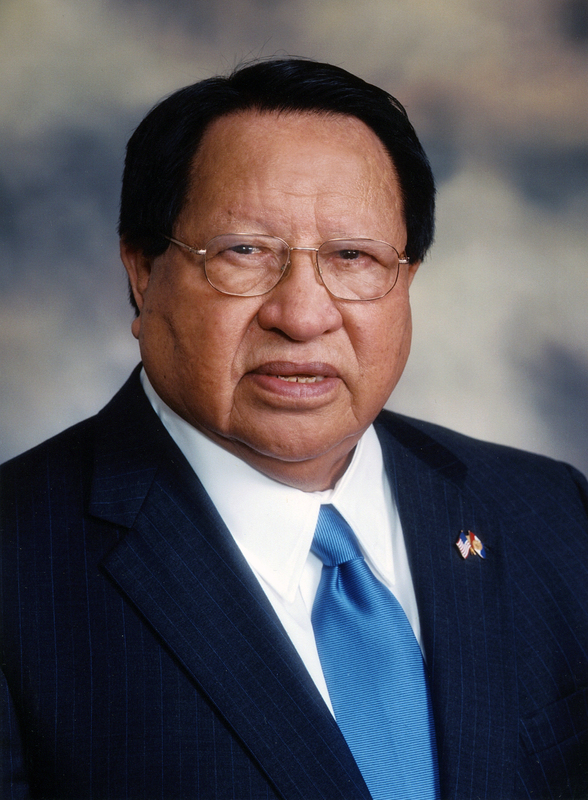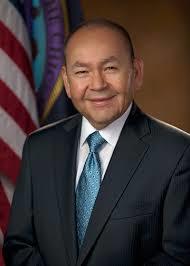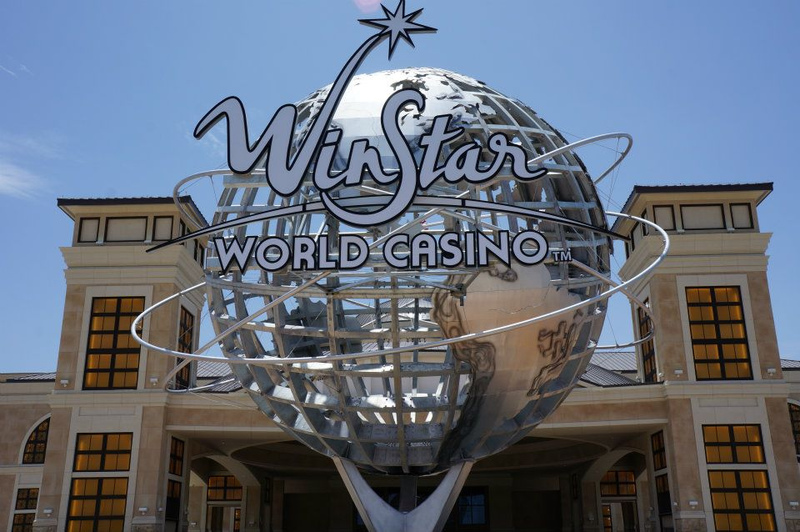Adapting to Corporate America
Following the successes of the Cherokees, are the Choctaws, also of Oklahoma and Mississippi. The history of the Choctaws is like many other Native American tribes, one of the biggest issues that has plagued the tribe is economic development. For reasons discussed, the invasion and theft at the hands of European settlers set the nation back and throughout the 19th and the 20th centuries, the Choctaws struggled with unemployment and oppression.
“The region [the Mississippi Choctaw reservation] as a whole is economically underdeveloped; and for many years the Choctaw people were at the bottom of the economic and social ladders, practically all of them subsisting as sharecroppers during the period between the Civil War and the 1960’s… By the late 1950’s, though, a large number of tribal members had been hit by the agricultural decline, the unemployment rate was reaching toward 80 percent…”—Philip Martin, former Choctaw Chief.
Similar to the Cherokees, the Choctaws took their economic development into their own hands and began to focus on tribal employment. By bringing manufacturing plants, like GM, onto the reservations, the rate of tribal employment skyrocketed, which led to the creation of 5 more plants and contracts with several other manufacturing giants.
Indian Gaming Regulatory Act
“(1) to provide a statutory basis for the operation of gaming by Indian tribes as a means of promoting tribal economic development, self-sufficiency, and strong tribal governments; (2) to provide a statutory basis for the regulation of gaming by an Indian tribe adequate to shield it from organized crime and other corrupting influences, to ensure that the Indian tribe is the primary beneficiary of the gaming operation, and to assure that gaming is conducted fairly and honestly by both the operator and players; and (3) to declare that the establishment of independent Federal regulatory authority for gaming on Indian lands, the establishment of Federal standards for gaming on Indian lands, and the establishment of a National Indian Gaming Commission are necessary to meet congressional concerns regarding gaming and to protect such gaming as a means of generating tribal revenue.”
The Chickasaw of Oklahoma took a different route in their journey of economic development. With the introduction of the Indian Gaming Regulatory Act of 1988, gambling became a steady, important stream of income for some reservations. The act puts into legislation the regulation structure of conduct and profits of gambling on reservations and establishes the National Indian Gaming Commission. The main objective of this law is to direct potential profits towards economic development in order to improve economic independence on reservations and strengthen tribal governments. By utilizing this ability, the Chickasaw nation, as well as other nations including the Pequot of Connecticut, has been able to drastically increase tribal employment, which grew from around 250 people in 1987 to over 13,000 people in recent years, as well as the economy on their reservations. The Chickasaw nation owns a multitude of businesses including casinos, banks, hotels, and other companies within the medical industry including Esko Bionics, which is a pioneer in the creation of robotic exoskeletons. One of the biggest sources of income is the WinStar Casino and Hotel, the largest casino in the United States. The casino along with their other business ventures, have grown the Chickasaw into a multibillion-dollar empire. “Revenues from these businesses help fund programs and services for the Chickasaw people… This type of business diversification also helps strengthen our financial foundation for the future.” –Bill Anoatubby, Chickasaw Nation governor.



